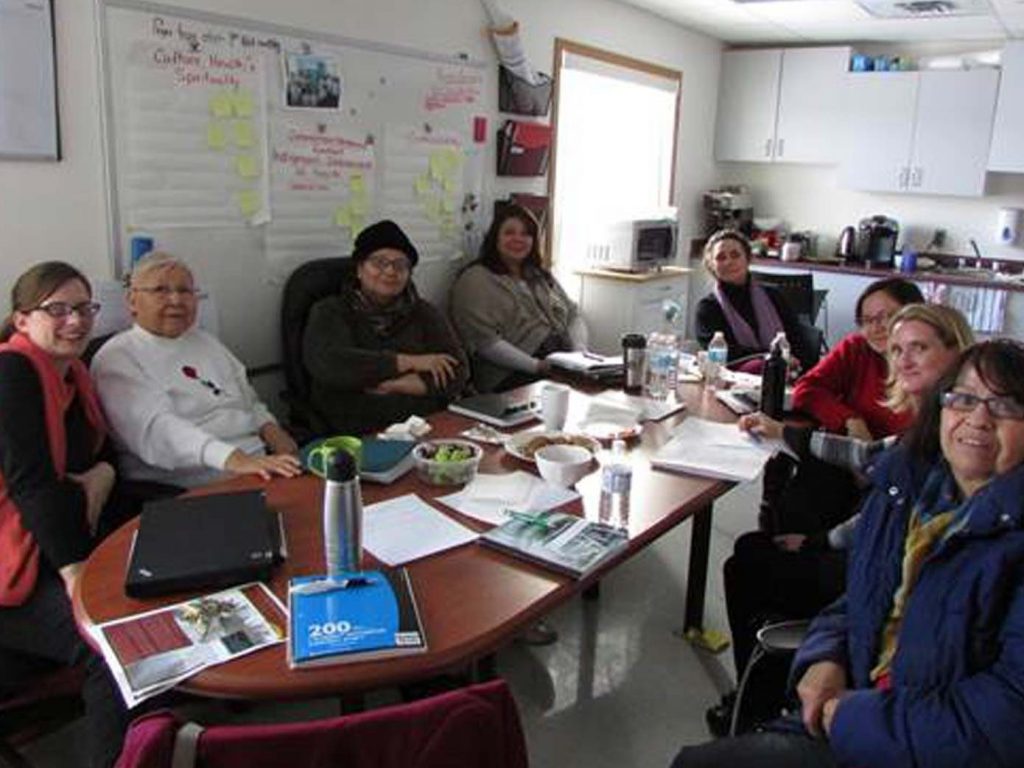Filling gaps in understanding diabetes in First Nations people

A pioneering report and a series of papers from Chiefs of Ontario (COO), in partnership with a research team funded by an OSSU IMPACT award and ICES, will fill gaps in understanding about diabetes and its impact on First Nations people in Ontario.
The IMPACT Award, Understanding diabetes in First Nations communities, received funding from OSSU in 2015 to demonstrate the impact of patient engagement in research that will improve health and the health system. Patient and community engagement has been key to the project, and includes partners from Chiefs of Ontario, First Nations patients, families, elders and community members.
“When Ontario First Nations take charge of our own research agenda intertwined with true meaningful partnership from researchers who value and incorporate First Nations perspectives regarding research, this results in a report that includes First Nations patients’ knowledge and understanding of this devastating disease,” says Carmen Jones, co-investigator and Health Director, Chiefs of Ontario.
The research team also includes Drs. Michael Green, Jennifer Walker and Baiju Shah who helped produce the report, First Nations and Diabetes in Ontario, which looks in detail at diabetes and its effects on First Nations people in the province from 1990 to 2014. It highlights specific inequities and supports the development of effective health policies and programs to prevent diabetes in this population.
Two research papers were published concurrently in CMAJ and CMAJ Open in November, part of a new series of articles on diabetes and First Nations health which will include the burden of diabetes, kidney disease and more.
Three dominant individual risk factors for type 2 diabetes among First Nations people living in First Nations communities are physical inactivity, overweight/obesity and smoking. However, efforts to address these risk factors must consider the cumulative effects of ongoing racism, dispossession from land, childhood and intergenerational trauma, changes in diet and an increase in sedentary lifestyles associated with colonization.
“This report is a step in the right direction to fill information gaps which have led to health policy gaps. It builds on relationships and formal agreements to understand indigenous health today, and in order to do that we have to know Indigenous history, government relations with Indigenous people, and the collective that the people have experienced,” says co-author Dr. Jennifer Walker, Canada research chair in Indigenous Health and the Indigenous Health Lead at ICES.